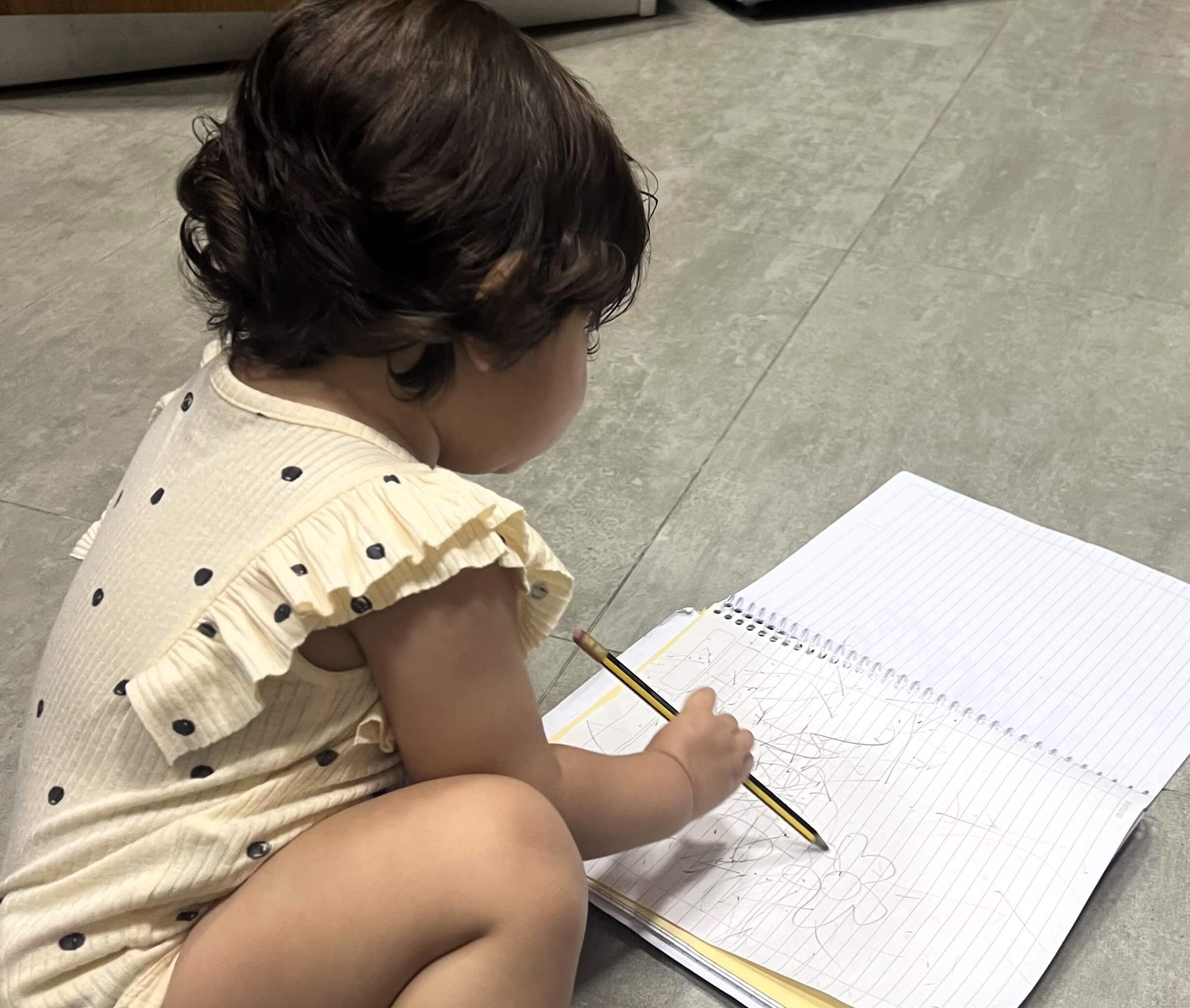Healing from Control, Fear, and Emotional Harm.
Abuse doesn’t always leave bruises. Sometimes it shows up as fear, confusion, silence, or constantly second-guessing yourself. Emotional abuse and domestic violence can erode your sense of self over time, making you feel isolated or unsure of what’s normal.
At MapleTree Psychotherapy Center in Dubai, we support individuals who have experienced emotional, verbal, or physical abuse—whether in the past or as an ongoing reality. You may not have the words for what’s happened yet, or you may be clear that something isn’t right. Either way, you deserve a space that feels safe, validating, and free of judgment.

How Therapy Can Help
This kind of therapy isn’t about rushing you to make a decision. It’s about creating a space where you can start feeling in control and like yourself again.
You may come to therapy looking for support with:
- Processing emotional confusion or self-doubt caused by a controlling relationship
- Coping with isolation, fear, or emotional dependency
- Rebuilding confidence and a sense of worth
- Setting boundaries or navigating difficult conversations
- Exploring options in situations that may feel stuck or unsafe
- Healing from past abuse that still affects your relationships today
- Regaining control and a sense of stability
Your story will be respected. There’s no right timeline, no pressure to explain everything at once.
Our Therapeutic Approach
Each journey looks different. We meet you where you are, and help you move at your own pace. Your therapist may integrate:
- Psychodynamic therapy to explore how patterns of control or fear became internalized
- Attachment-based therapy to help restore emotional safety and trust
- Emotionally focused work to strengthen your sense of identity and agency
- Narrative therapy to reclaim your voice and reframe harmful experiences
- Practical safety planning or coping strategies if you’re in a current situation that still feels unsafe
Our priority is that you feel in control of your process.
Who We Support
We work with:
- Individuals in emotionally or physically abusive relationships
- Survivors of long-term coercion or control
- People unsure whether what they’re experiencing is “abuse,” but know something feels wrong
- Clients recovering from toxic relationships, gaslighting, or emotional manipulation
- Individuals still managing shared custody, legal complications, or contact with an abusive partner
Support is available in English, Arabic, Hindi, Urdu, French, Farsi, and Finnish.
You’re Not Overreacting. You’re Responding to Harm.
It’s okay if you’re not ready to talk about everything yet. What matters is that you don’t have to keep going through it alone.
You can meet our team, find the right therapist for you, or simply reach out to start the conversation. You are allowed to feel safe, supported, and free.







